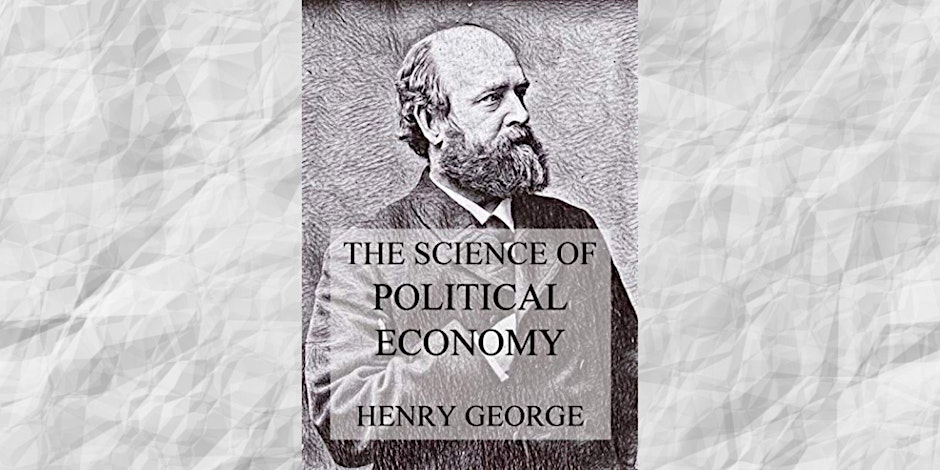
AMERICA’S HOUSING AFFORDABILITY QUESTION – THE WHAT, THE WHY AND THE HOW
As far as housing goes, our society has a means test policy. That is to say, if you have the means, you have a place to live. The outcome is not just massive homelessness but also the fact that a growing number of American households must spend a huge chunk of their income on rent; leaving very little left for other vital expenses such as medical care, education etc…. This situation raises an important question – Can a means test program deliver on the promise of affordable housing for all?
In this 5-session course, Walter South takes a critical look at our current policies and offers some groundbreaking alternatives.
Walter is a graduate of Hunter College and the New School and a long time affordable housing advocate with on-the-field experience in organizing, managing and building affordable housing throughout America. He also taught housing policy in CUNY and Rutgers University. Walter is currently writing a Doctoral dissertation on Affordable Housing at the Global Center for Advanced Studies in Dublin, Ireland.
Instructor: Walter South
Dates: Wednesdays – 2/12, 2/19, 2/26, 3/4, 3/11
Time: 6:30 PM – 8:30 PM
5 sessions
Registration fee: $5
Payment or proof of payment must be provided at first session.


